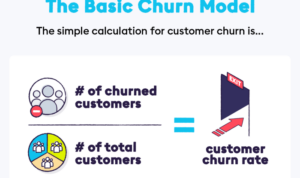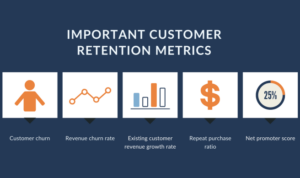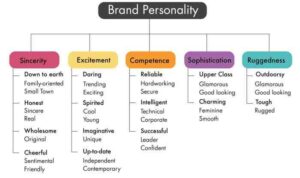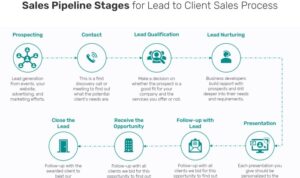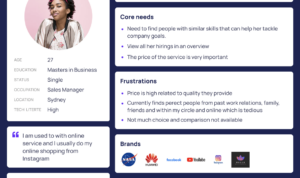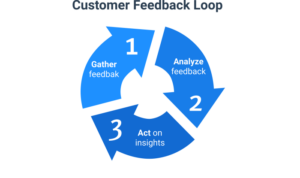Personalizing Customer Experiences dives into the world of tailored interactions, showcasing how businesses can boost satisfaction and loyalty through customized approaches. From analyzing data to understanding customer preferences, this topic explores the key strategies for creating unforgettable experiences.
Get ready to uncover the secrets behind successful personalization and how it can revolutionize the way businesses connect with their customers.
Importance of Personalizing Customer Experiences
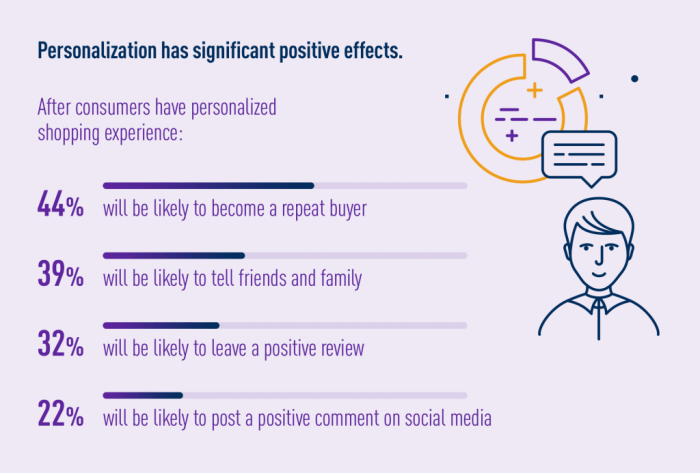
Personalizing customer experiences is crucial for businesses as it allows them to connect with their customers on a deeper level. By tailoring experiences to individual preferences and needs, businesses can create a more engaging and memorable interaction with their customers. This personalized approach can lead to increased customer satisfaction and loyalty, as customers feel valued and understood by the business.
Impact on Customer Satisfaction and Loyalty
Personalized experiences have a significant impact on customer satisfaction and loyalty. When customers feel like a business understands their preferences and anticipates their needs, they are more likely to have a positive experience. This positive experience can result in increased customer loyalty, as customers are more inclined to return to a business that provides personalized attention and service.
Increased Sales and Revenue
Personalized experiences can also lead to increased sales and revenue for businesses. By offering tailored recommendations and promotions based on customer preferences, businesses can increase the likelihood of a purchase. Customers are more likely to make a purchase when they feel like the product or service is specifically designed for them. This targeted approach can result in higher conversion rates and ultimately lead to a boost in sales and revenue for the business.
Strategies for Personalization
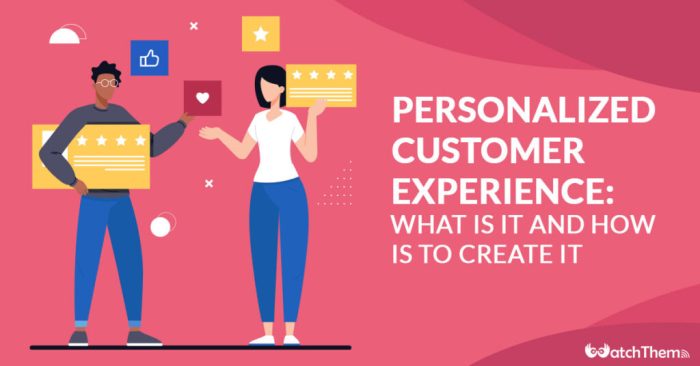
Personalizing customer experiences is crucial for businesses looking to develop strong relationships with their customers. By implementing effective strategies, businesses can create tailored experiences that meet the unique needs and preferences of each customer. Let’s explore some key strategies for personalization:
Utilizing Customer Data
One of the most important strategies for personalization is leveraging customer data. By collecting and analyzing data such as purchase history, browsing behavior, and demographic information, businesses can gain valuable insights into individual customer preferences. This data can then be used to create personalized recommendations, offers, and communications that resonate with each customer on a personal level.
Implementing AI and Machine Learning
Artificial intelligence (AI) and machine learning technologies play a significant role in personalization. These technologies can analyze vast amounts of data in real-time to identify patterns and predict customer behavior. By using AI-powered algorithms, businesses can deliver personalized content, product recommendations, and customer service interactions that are tailored to each customer’s preferences and needs.
Creating Dynamic Content
Another effective strategy for personalization is creating dynamic content that adapts to individual customer preferences. By using dynamic content tools, businesses can deliver personalized website experiences, email campaigns, and advertisements that adjust based on each customer’s behavior and interactions. This ensures that customers receive relevant and engaging content that is tailored to their interests.
Engaging with Customers Across Channels
To create a seamless and personalized customer experience, businesses should engage with customers across multiple channels. By integrating customer interactions from various touchpoints such as social media, email, and in-store visits, businesses can gain a holistic view of each customer’s journey. This allows businesses to deliver consistent and personalized experiences that cater to each customer’s unique preferences and behavior.
Testing and Optimization
Continuous testing and optimization are essential for effective personalization strategies. By analyzing the performance of personalized campaigns and content, businesses can identify what resonates with customers and make data-driven decisions to improve future personalization efforts. Testing different approaches and optimizing strategies based on customer feedback and behavior ensures that businesses stay relevant and continue to enhance the customer experience.
Implementing Personalization Technologies
Implementing personalization technologies in businesses is crucial for creating tailored and engaging customer experiences. By utilizing various technologies, companies can better understand their customers’ preferences and behaviors to deliver targeted messaging and offers. Let’s explore some of the technologies available and how they can enhance personalization efforts.
AI and Machine Learning
Artificial Intelligence (AI) and Machine Learning have revolutionized the way businesses personalize customer experiences. These technologies analyze vast amounts of data to identify patterns and predict future behaviors. For example, AI-powered chatbots can provide personalized recommendations based on a customer’s browsing history or previous interactions. Machine learning algorithms can also segment customers into different groups for targeted marketing campaigns.
- AI algorithms can analyze customer data in real-time to deliver personalized product recommendations.
- Machine learning models can predict customer churn and proactively engage at-risk customers with retention offers.
- Personalization platforms powered by AI can dynamically adjust website content based on individual user preferences.
Challenges and Benefits
Implementing personalization technologies comes with its own set of challenges and benefits. One challenge is ensuring data privacy and compliance with regulations such as GDPR. Companies also need to invest in the right technology infrastructure and talent to effectively implement personalization strategies. However, the benefits of personalization technologies are immense, including increased customer loyalty, higher conversion rates, and improved customer satisfaction.
- Benefits: Increased customer engagement, higher ROI on marketing campaigns, improved customer retention.
- Challenges: Data privacy concerns, initial investment costs, integration with existing systems.
Personalization in Different Industries
Personalization is a key strategy utilized across various industries to enhance customer experiences and drive brand loyalty. Let’s explore how personalization is applied in sectors such as retail, healthcare, and hospitality.
Retail Industry, Personalizing Customer Experiences
In the retail industry, personalization is often seen in targeted marketing campaigns, customized product recommendations, and tailored promotions based on customer preferences and behavior.
- Case Study: Amazon’s personalized product recommendations have significantly increased sales by providing customers with relevant suggestions based on their browsing and purchase history.
- Impact: Personalization in retail leads to higher customer retention rates, increased sales, and improved customer satisfaction.
Healthcare Sector
Personalization in healthcare involves delivering individualized treatment plans, personalized patient communication, and tailored wellness programs based on patient data and preferences.
- Case Study: Kaiser Permanente uses personalized patient portals and targeted health education materials to improve patient engagement and health outcomes.
- Impact: Personalized healthcare services lead to better patient outcomes, increased patient satisfaction, and improved health management.
Hospitality Industry
In the hospitality sector, personalization is evident in customized guest experiences, personalized recommendations, and tailored service offerings based on guest preferences and past interactions.
- Case Study: Marriott International’s personalized loyalty program offers exclusive perks and tailored experiences to members based on their travel habits and preferences.
- Impact: Personalization in hospitality drives customer loyalty, repeat bookings, and positive word-of-mouth referrals.
